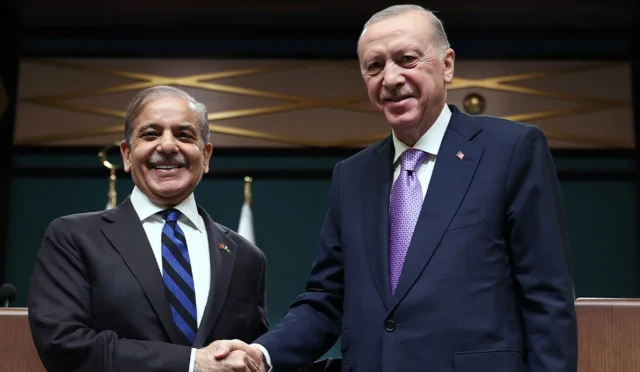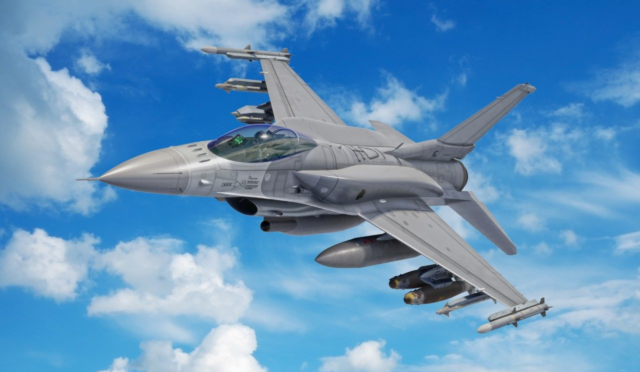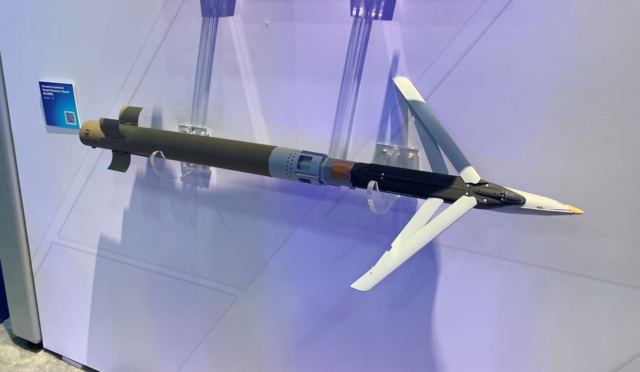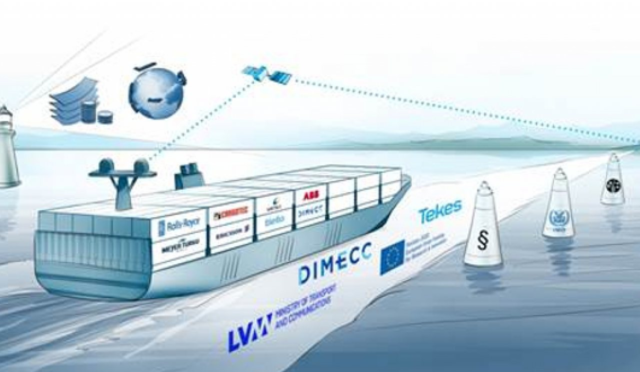Eurodrone Lab: Accelerating UAV Testing and Development
**Airbus has officially launched the Eurodrone Lab, a state-of-the-art facility dedicated to the testing of the Eurodrone UAV.** Inaugurated on April 11 in Germany, this lab will serve as the primary location for examining all flight and ground systems associated with the Eurodrone. The testing process involves evaluating hardware and software components individually before their integration into the UAVs. Ultimately, these systems will undergo a comprehensive system integration test to ensure their efficacy.
The opening of the Eurodrone Lab marks a significant milestone in the endeavor to expedite the testing process. With the goal of achieving the first flight of the Eurodrone by the end of this decade, Airbus plans to manufacture a total of 20 systems, comprising 60 UAVs and 40 ground stations, at its final assembly line in Manching. The introduction of these UAVs into active service is also anticipated in alignment with the projected timeline.
The Strategic Importance of European UAV Systems
In the realm of defense, particularly for UAV systems, ensuring compatibility with user countries and advocating for domestic or joint production is crucial. Despite numerous projects across Europe, there remains a notable absence of a unified European UAV. This gap highlights a reliance on non-EU producers for essential UAV capabilities such as intelligence gathering, surveillance, target acquisition, and reconnaissance, which in turn threatens Europe’s strategic autonomy.
To confront this challenge, the Joint Armament Cooperation Organization (OCCAR)—comprising Belgium, France, Germany, Italy, Spain, and the United Kingdom—sealed an agreement in August 2016 with Airbus, Dassault, and Leonardo for the development of the European Medium Altitude Long Endurance Remotely Piloted Aircraft System (MALE RPAS). This program is managed on behalf of the four principal European partners: Germany, France, Spain, and Italy.
Progress and Future Participation in the Eurodrone Project
Progress on the Eurodrone project has been gradual, but interest from other nations has emerged, highlighting its potential significance. Countries like Japan and India have previously expressed a desire to join the Eurodrone initiative; however, there has been minimal progress in terms of formal developments.
To adapt to the challenges presented by UAVs, Airbus is actively formulating a new defense strategy that encompasses a broader range of capabilities. This proactive approach demonstrates the commitment to enhancing UAV technology and addressing potential vulnerabilities that may arise from dependency on external sources.






